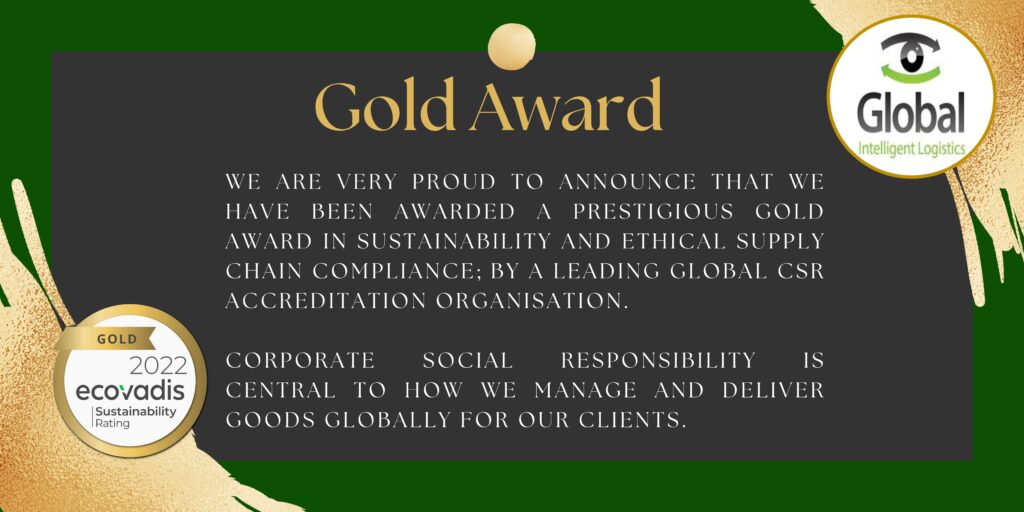CSR
- Home
- CSR

Corporate Social Responsibility
Corporate social responsibility or ‘CSR’ is a management concept that focuses on the integration of social and environmental concerns in a company’s business operations. These are some common activities included in a CSR plan:
- Energy consumption for heating, cooling, manufacturing and transportation
- Direct and indirect emissions affecting climate change and public health
- Water use and management
- Material use, reuse and recycling programs
- Workplace and employee wellness programs
- Overseas labor conditions
- Community engagement and philanthropic giving
The first step in CSR planning is to we identify environmental and social issues that align with our company’s core mission and fiscal objectives. By choosing to do what is right for its bottom line, and the values it holds as most important, our company will reap important benefits. It will be in a better position to lead, strengthen its brand identity, and build trust and more meaningful relationships with customers, employees, suppliers, shareholders, community and other stakeholders.
Once a company develops a CSR plan, it typically elects to set specific targets or goals and to publicly report or disclose its progress, in much the same way that fiscal objectives are set. This will help our company stay on track to meet its goals and establish greater credibility.
Why Include Your Company’s Freight Operations in its CSR plan?
n the world., freight transportation has historically used oil and other fossil fuels as an energy source. For shippers, carriers and logistics companies that move a lot of products and supplies, this energy use can represent a significant operational cost.
More efficient freight transportation can help improve air quality and mitigate climate change by cutting emissions. It also reduces costs, demonstrating the ‘people, profit and planet’ principles fundamental to a good CSR or sustainability plan.
It’s also a source of harmful emissions, including carbon dioxide (CO2), black carbon, nitrogen oxides (NOx) and particulate matter (PM). Carbon dioxide and black carbon are greenhouse gases (GHGs) and major contributors to climate change, while NOx and PM are harmful to public health, especially in communities surrounding ports, railyards and freight hubs.
The good news is that as shippers, carriers and logistics companies look for ways to save money by reducing the diesel fuel used to move freight, they also find that they improve shipping efficiencies and reduce freight emissions. Strategies to consolidate loads, switch to intermodal, use cleaner fuels and improve visibility, among others can lead to a more efficient transportation network. They also can mitigate supply chain risks and can substantially reduce freight emissions.
And just as our company highlights the cost savings of its investment strategies through its bookkeeping and annual reports, so too can it feature positive environmental outcomes through a CSR or sustainability report. Many companies also choose to integrate key environmental indicators, such as CO2 emission reductions, in investor reports, employee and other stakeholder communications.
As the freight industry grows, governments, investors, communities and consumers are becoming more aware of the industry’s climate and public health impacts. They are increasingly looking to freight carriers, shippers and logistics providers to take steps to reduce truck, rail and other transport emissions. Communities near freight hubs may also seek relief from increased congestion, noise and other negative impacts.
As a result, interest is growing in accounting for not just the monetary payback on technology and other transportation investments, but also the sustainability benefits of those investments. A CSR or sustainability report is a good place to start.
Global Intelligent Logistics is working on CSR
In the infancy of Global Intelligent Logistics it was necessary to achieve a high standard of customer relations (a philosophy we still identify with today). However, more recently, we have become increasingly more proactive about awareness of Corporate Social Responsibility. As a result of this we adjusted our employee handbook to ensure that our staff were catered for in an equally progressive and ethical manner. We identified and addressed problems such as:
- The consumption of materials in the office and the sustainable disposal of them,
- The consumption of energy and water
- Reducing our environmental impact through guidance of our clients of more sustainable shipping solutions.
We appreciate that it is inevitable to have an impact on the environment in our industry but by increasing the efficiency of shipments we benefit not only our clients through more economical and rapid service but also mitigate future detriment to the environment.
As a company it is our responsibility to take every measure to fulfil the client’s requests while acting responsibly with regards to the environment. It is fortunate that we do not find any resistance in achieving this as our specialists can coordinate both sustainability and satisfaction. We take every effort to uphold this ideology and in accomplishing this we are confident in our solutions.





One of leading transportation and logistics providers over the world
Contact Us
Say in touch
Subscribe to receive our latest offers and news via your email address
© 2023 Global Intelligent Logistics, All Rights Reserved

